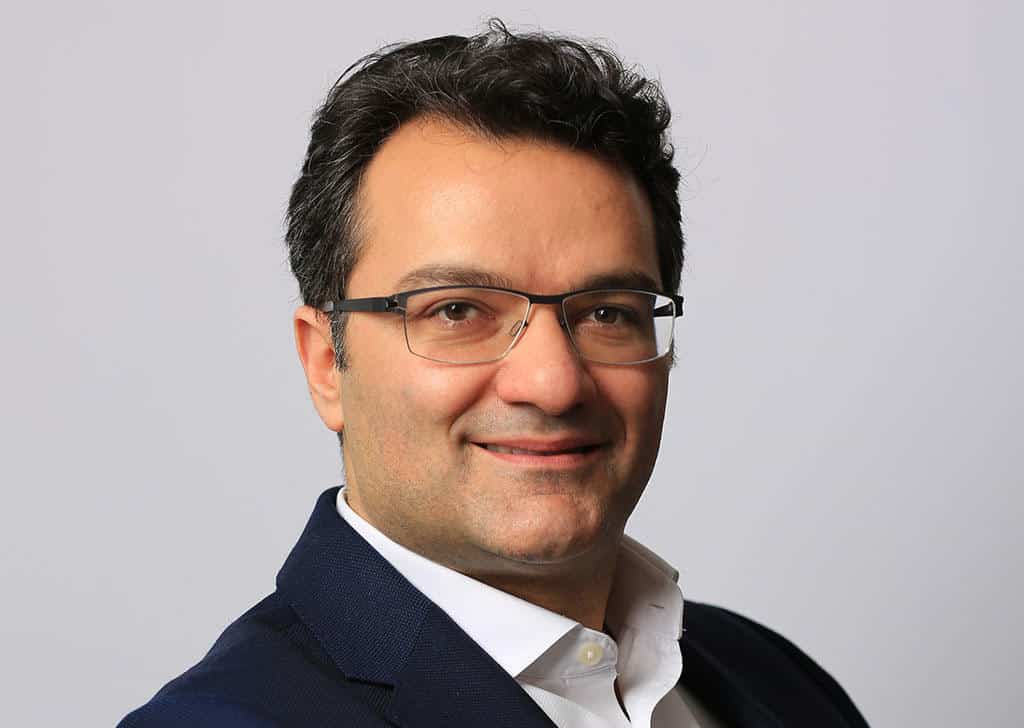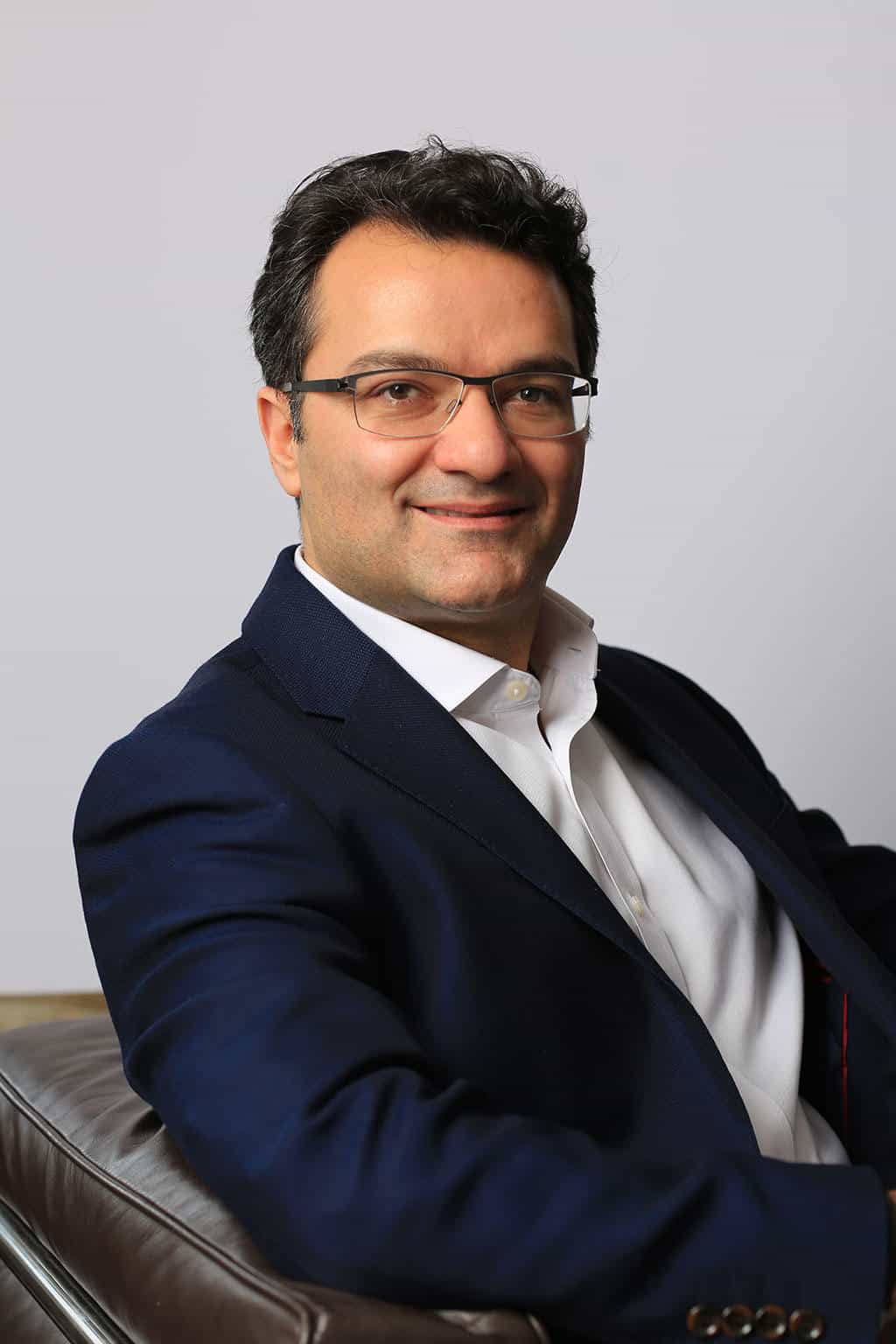How Companies Intelligently Market To The New Consumer Landscape

Remember when businesses never listened? There was a time when companies bombarded consumers with marketing campaigns and promotions to the exclusion of all else.
Then they finally realized that their customers weren’t listening to them either.
Today, the paradigm has shifted. Businesses want to both help and influence what people gain collectively from a product or service. They are listening and tailoring products and services to meet individual needs because they know that consumers are attracted to companies that understand what they want.
Millennial Culture
We’re at an important turning point. New products and services are reflecting a new collective culture—the culture of the millennials.
Much of this new thinking in the marketplace is driven by the generation of millennials who are:
- Highly group oriented
- Communal
- Collaborative
- Centered on the group, not the individual
- Outgoing
- Inclusive
- Less suspicious and enclosed
- Enabled by social media
Millennials care less about owning and more about access. Their way of thinking is, “I don’t need to own a house or a car. I can rideshare with Lyft, or car share a Zipcar.”
Renting suits them. They don’t mind staying at a stranger’s house with Airbnb when they travel; they don’t need a hotel chain.
All of these changes in attitude brought about by millennial think are upsetting the status quo of the last fifty to one hundred years of doing business. Companies that are stuck in the old way of working the supply chain and the old point-of-sale systems will miss out unless they can tap into communities and create experiences.

Brand Touch Points
Companies need to understand and engage in the lives of their customer communities. A good way to do this is through its brand, the personification of the business. At every touch point, whether it’s a call center, a website, or an online forum, a company needs to be listening and communicating.
Consumers aren’t buying the same old corporate communications and marketing. They want to positively impact their communities, their families, and their friends. If businesses want to tap into the shared consciousness of their potential customers, they must bridge the listening gap.
Remember, the customer is the best marketing vehicle you have. When companies serve the customer and the customer’s community before themselves, they win. Good will results.
Complimentary word of mouth reviews and comments that reach the community are worth more than advertising because they carry grassroots authenticity.
Procter & Gamble (P&G), for example, has a website called Being Girl, a destination for young, teenage girls. There, girls can explore topics relevant to their age group, anything from dating to acne to eating disorders. Experts are available to answer questions, and girls can exchange thoughts and feelings anonymously with one another in open discussion.
This type of grassroots community outreach doesn’t push products. The focus is on serving people in their natural communities and fostering relationships.
Instead of advertising, smart companies like P&G have flipped the model and are listening more as facilitators and enablers. This strategy works.
Although P&G sells products on its site, the selling is secondary to understanding the contextual life of teenage girls and the shared consciousness of her peer group. Need proof? Being Girl has delivered four times the return on investment (ROI) than traditional marketing.
Another example is the online reading and self-publishing community for teenagers called Figment. Hosted by Random House, it’s a forum for teens to share and discuss literature and the craft of writing.
Figment facilitates community through chats, forums, newsletters, and even crisis hotlines. With more than 300,000 users, Figment promotes a community of teens built around love of the written word. Of course, by nurturing young readers and writers, Random House builds a market for its books, but the website is not a promotional vehicle for the publisher.
Smart companies, like P&G and Figment, are learning to think about groups of people who share like-minded opinions and tastes. They see the larger aggregate of individuals as communities, individuals that share similar tastes, ideas, ways of seeing the world, and interacting with others.
Communities come together around shared culture and passion. When a company builds a brand around a group’s cultural tastes, they build a loyal following that freely shares information and forms relationships.
The new model of marketing is rooted in this information sharing and emotional connection.
When companies shape their products and services, their outreach, and their communication around their customer communities, it’s a win-win.

The following is adapted from Localmotion by Alex Barseghian. For more advice on the new marketing model, you can find Localmotion on Amazon.
Have you read?
# World’s Best Countries To Invest In Or Do Business.
# Most Expensive Countries In The World To Live In, 2019.
# Global Passport Ranking, 2019.
# The World’s Safest Cities Ranking.
# Most Startup Friendly Countries In The World.
Bring the best of the CEOWORLD magazine's global journalism to audiences in the United States and around the world. - Add CEOWORLD magazine to your Google News feed.
Follow CEOWORLD magazine headlines on: Google News, LinkedIn, Twitter, and Facebook.
Copyright 2025 The CEOWORLD magazine. All rights reserved. This material (and any extract from it) must not be copied, redistributed or placed on any website, without CEOWORLD magazine' prior written consent. For media queries, please contact: info@ceoworld.biz








